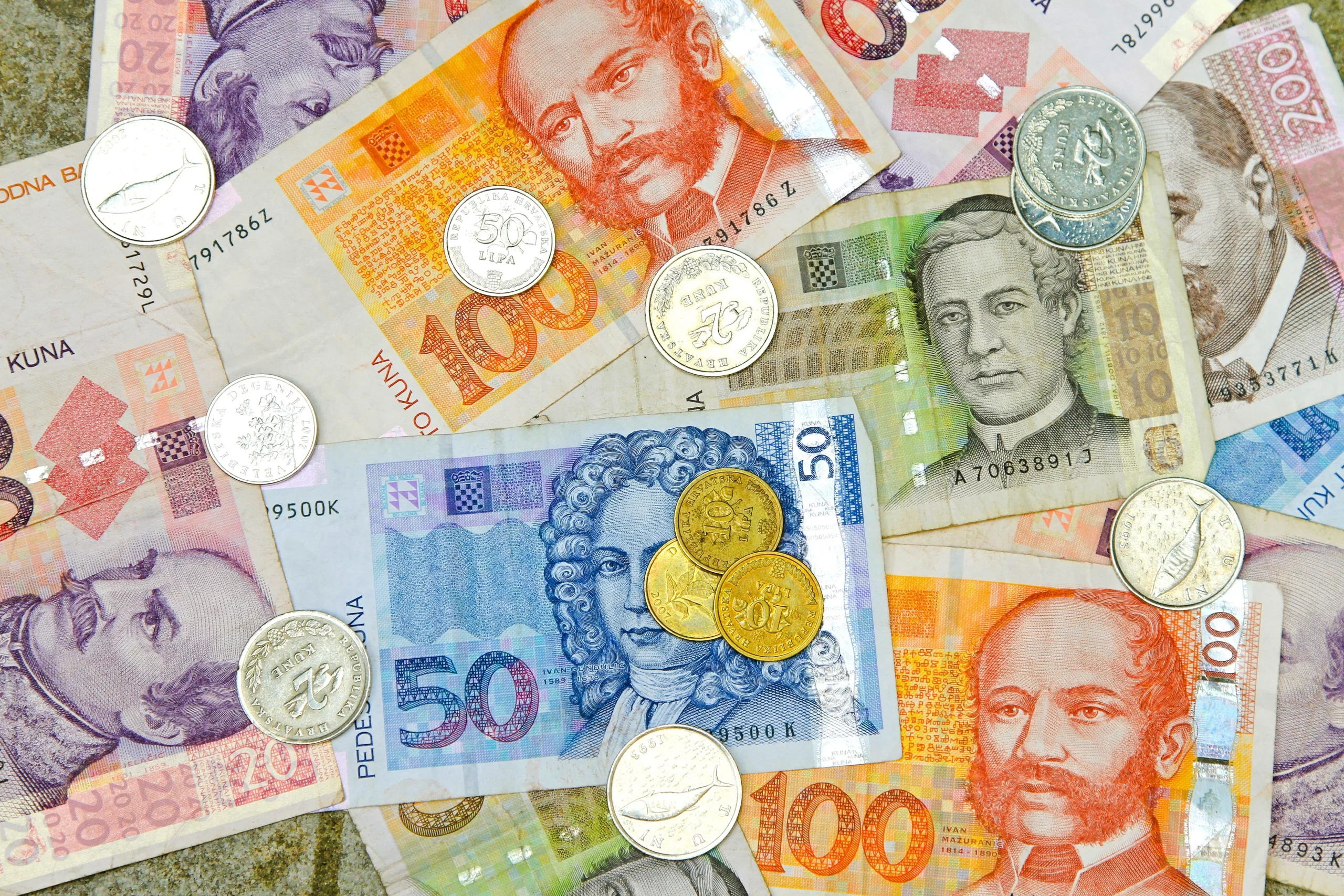Money
Croations are worried the Euro is leading to higher prices
-



 News3 days ago
News3 days agoAI enters the Big Brother house, raising concerns around the truth of reality TV
-



 News5 days ago
News5 days agoFord’s all-electric plan for Europe proves too challenging to achieve by 2030
-



 Leaders3 days ago
Leaders3 days agoUN initiative aims to set international standards for AI ethics
-



 News3 days ago
News3 days agoNo console, no problem according to Amazon’s next-gen streaming innovation
-



 Shows3 days ago
Shows3 days agoMining and fluid businesses witness growing interest from investors
-



 Docos5 days ago
Docos5 days agoVP Kamala Harris will officially run against former President Donald Trump in the 2024 U.S. election
-



 Leaders4 days ago
Leaders4 days agoHarris secures strong Democratic support for White House run despite challenges
-



 Leaders4 days ago
Leaders4 days agoU.S. Secret Service Director admits security failure, faces rising resignation demands






